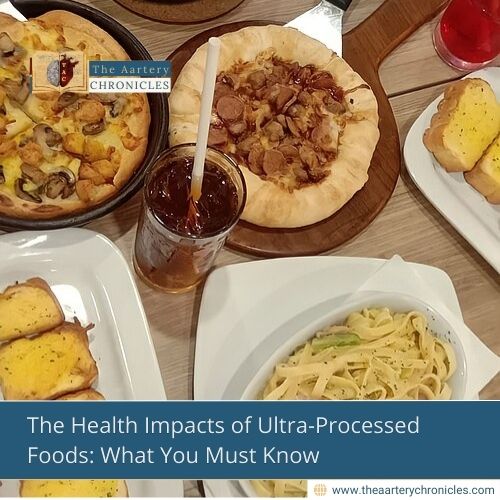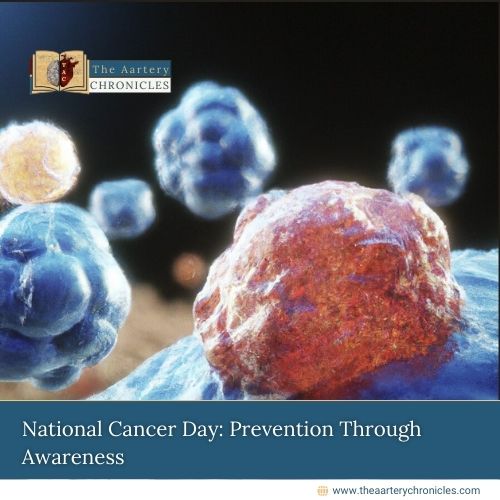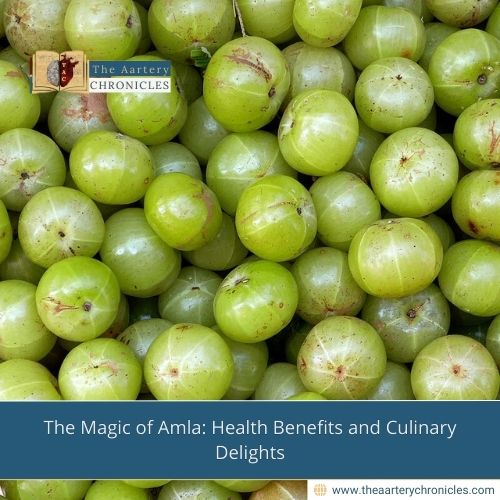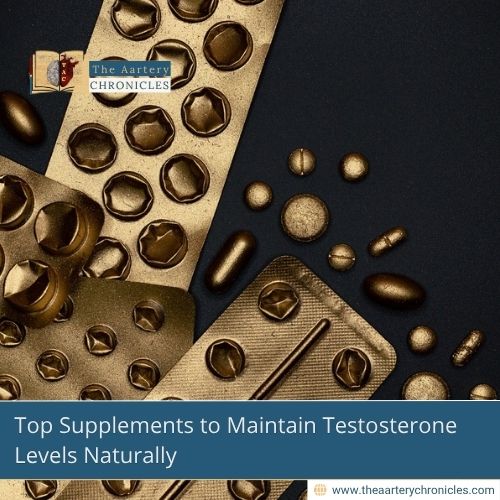

The Health Impacts of Ultra-Processed Foods: What You Must Know
Introduction
Ultra-processed foods are processed foods that have undergone multiple transformations. They contain artificial or industrial ingredients that are not commonly found in traditional kitchens. These foods are often formulated to be convenient, tasty, and shelf-stable, but they tend to have low nutritional value.Diet can significantly influence the effectiveness of the medications we take daily. Some foods can enhance or reduce the absorption of active ingredients, while others can increase the risk of side effects. For this reason, it is essential to know what to eat when taking medications, to support the body, promote gastric tolerance and avoid unwanted interactions.
What Makes Ultra Foods Unhealthy And The Reasons They Are Bad For Your Health
- Presence of industrial ingredients: They contain ingredients such as preservatives, colorants, flavorings, emulsifiers, flavor enhancers (such as monosodium glutamate), hydrogenated oils and added sugars.
- High palatability: They are designed to have an intense flavour and an irresistible texture, often achieved through the use of fats, sugars and salt.
- Poor nutritional value: Ultraprocessed foods are low in essential nutrients like fiber, vitamins and minerals, but high in “empty” calories, refined sugars, saturated fats and sodium.
- Long shelf life: Thanks to the use of preservatives and other industrial techniques, these foods can be stored for very long periods without losing flavor or consistency.
Examples
- Packaged snacks such as chips, cookies, energy bars
- Sugary drinks, carbonated drinks and energy drinks
- Processed frozen and packaged fast food options
- Highly Sugary Breakfast Cereals
- Packaged sweets, snacks and industrial cakes
- Industrial white bread, frozen pizzas and pre-packaged hamburgers
The Health Risks Of Eating Ultra-Processed Foods
- Low nutritional value: While they may be high in calories, ultra processed foods tend to be low in beneficial nutrients like vitamins, minerals, and fiber. Lack of fiber, for example, can negatively impact digestion and increase the risk of diseases like colon cancer.
- Artificial Additives: Ultra-processed foods often contain preservatives, colors, flavors, and other artificial additives to improve their appearance, taste, and shelf life. Some of these additives can have long-term negative health effects, such as potentially altering the gut microbiota or promoting inflammatory reactions.
- Weight Gain and Obesity: Ultra-processed foods are bad for your health because they are often high in calories and, due to their high sugar and fat content, can contribute to excessive calorie consumption. These foods are often designed to be extremely palatable and easy to consume in large quantities, which leads to increased calorie intake and weight gain. Additionally, because they are low in fiber and protein, they tend not to be adequately satiating, leading to overeating.
- Cardiovascular disease: High saturated fat, trans fat, and sodium may increase your risk of high blood pressure, inflammation, and heart disease .
- Predisposition to type 2 diabetes: Ultra-processed foods, rich in sugars and refined carbohydrates, can promote blood sugar spikes, increasing the risk of developing diabetes .
- Digestive Problems: Lack of fiber can negatively affect gut health, leading to digestive problems such as constipation.
- Negative effects on the brain: Some research suggests that high consumption of ultra processed foods may be associated with an increased risk of depression and cognitive decline.
Conclusion
In short, understanding why ultra-processed foods are bad for your health is simple, because, while they are often cheap and easy to consume, they are devoid of essential nutrients. On the contrary, they are full of ingredients that, if consumed in excess, can damage your health and increase the risk of developing chronic diseases. In fact, epidemiological studies have linked excessive consumption of ultra-processed foods to an increased risk of chronic diseases such as cardiovascular disease, metabolic syndrome and some forms of cancer. The combined effects of harmful ingredients and low nutritional value can have long-term consequences on your health.
To improve health, it important to choose fresh and minimally processed foods, such as fruits, vegetables, legumes, whole grains and high-quality proteins, cooked at home or with methods that preserve as many nutrients as possible.
References









